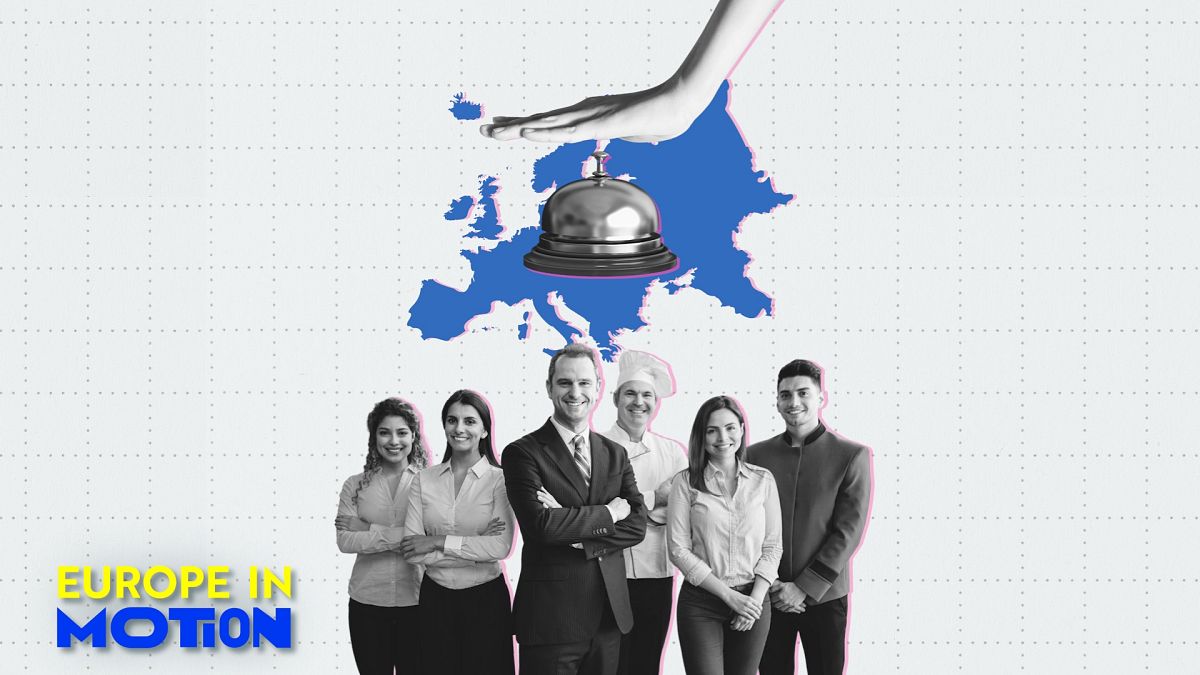Advertising
According to European Booking.com and Statista Boros, almost half (47%) of European hoteliers.
The fifth edition of this study is based on a study conducted on 1160 managers and managers of the European housing sector.
Independent hotels plan to hire an average of 2.72 employees over the next 12 months, while network hotels plan to hire about 5.85 employees for real estate.
However, this number is significantly different among the EU countries.
Greece and Spain seem to be the most appetite to hire new personnel, and over the next 12 months, an average of 8.8 and 8.3 employees will be added on average.
On the contrary, Germany and Austria are more restrained in their intentions for the set, with the evidence that they plan to hire 1.6 and 2.4 employees, respectively.
“The higher the business or the higher the quality, the higher the need for hiring over the next 12 months,” the European barometer report says.
The most common needs are relatively low specific and seasonal roles, such as cleanliness, food services and drinks and areas of reception, which, as a rule, are easier to cover.
Nevertheless, filling out management roles, including the positions of general managers and personal marketing, is significant problems.
For each housing, which was considered easy to hire managers, almost 10 reported difficulties.
On the other hand, while cleaning roles are in demand, employees available to fill out these positions are relatively easy to find. According to the European Barometer of the 2025, these roles were assessed by “accessibility” 0.6 -one of the lowest registered ones.
At the same time, administrative roles are not so in demand by employers, although it is relatively difficult to find workers to fill out these positions. The barometer gives these tasks 9.6.
Throughout Europe, the shortage of skills affects small and independent housing, especially because of the lack of educational resources. In fact, 17% of all independent housing do not offer any training, while the same applies to only 2% of chains.
High wages and lack of balance between professional and personal life are two main problems that European tourist premises face when recruiting specialized candidates.
This is especially true in Italy, where 70% of hoteliers agree that these are the main problems, and in the Scandinavian countries where this rate is 63%.
Fear of seasonality and stability of work are also noticeable, especially in Greece, with 58%and in Croatia, from 56%.
“Despite optimism, the largest obstacles to European housing are growing costs, staff and the lack of digital skills,” said Peter Lokhbicher, a global public relations leader Booking.com.
